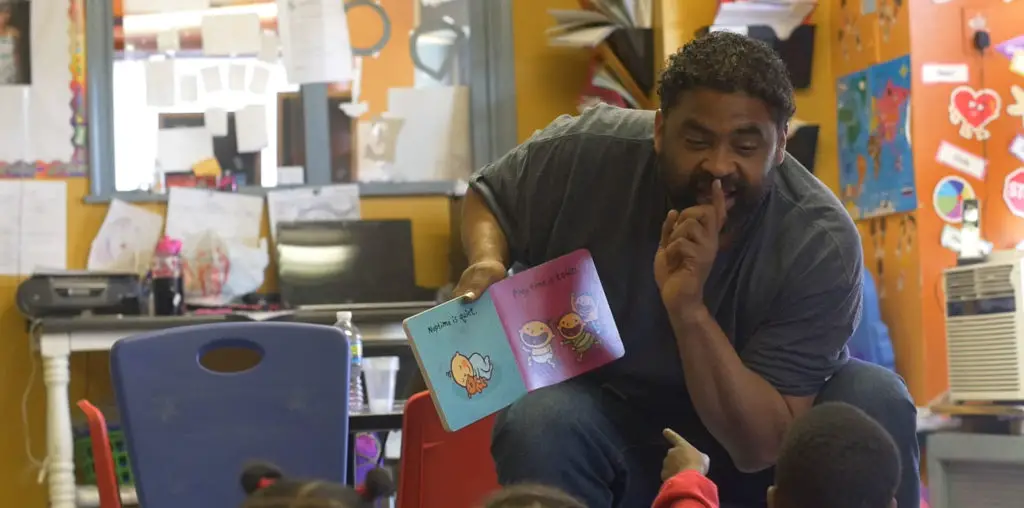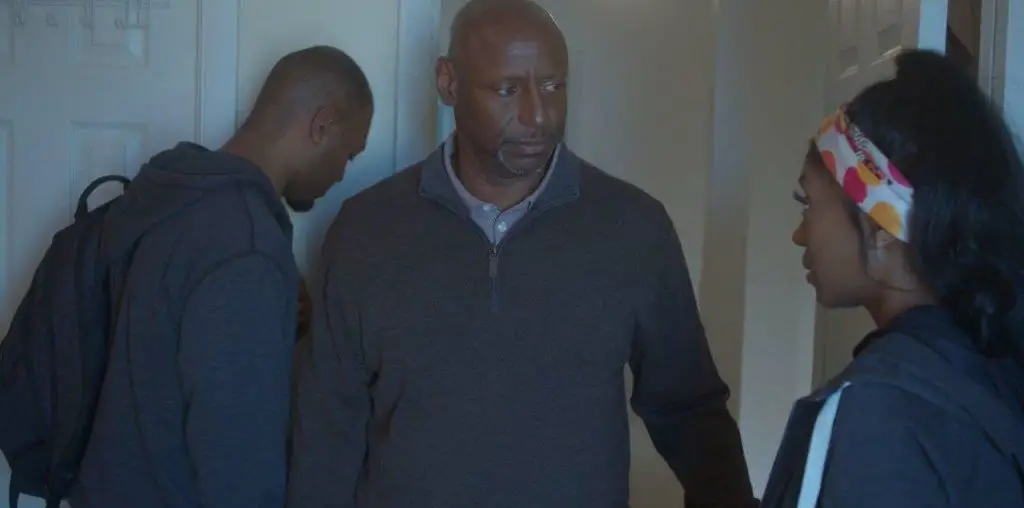
There is a war being fought in the United States today. Nope, not the war in Iraq, not the war in Afghanistan, not the war against terror or the war against drugs. This is an undeclared war against the first amendment and our right to free speech.
In her film “Shouting Fire,” Liza Garbus discusses the various sides of this issue, starting and ending with her father, a defense attorney in prominent first amendment rights cases. At first glance the film seems to be a fairly conventional talking-heads piece. When the traditional “have you no decency” clip from the McCarthy hearings popped up I found myself very skeptical about what new information “Shouting Fire” will be able to give. Seconds later, however, the film jumps into new territory, showing more obscure McCarthy footage and going on from there. The film deals with all aspects of the first amendment, but most prominently featured is the right to free speech. Ward Churchill is a name that may seem familiar. In 2007 Churchill was fired as a professor from the University of Colorado at Boulder. The board cited academic misconduct, but everyone involved knew the real reason he was fired was for his controversial views of the 9/11 attacks. “Shouting Fire” spends time with Churchill, and other free speech issues, taking the side of the first amendment in every case.
This is especially impressive when a film that obviously has a liberal slant provides a sympathetic interview with Chase Harper, an obnoxious Christian youth you wore a anti-gay t-shirt to school and was suspended. Garbus includes such controversial footage in order to make a point: it doesn’t matter who you are and what your views are, the first amendment is meant for you. This rings true when Garbus’s father describes his involvement with the Skokie, Illinois Nazi march. As a Jewish man, Garbus was widely criticized for siding with free speech, but Garbus defended the Nazi’s right to gather and march.
Liz Garbus continues her father’s work in this jam-packed documentary. I appreciated the witty, intelligent references that the film uses to fill-in-the-blanks without an unnecessarily amount of explanation. As a result, “Shouting Fire” is a smart film. It expects you to have a little bit of knowledge on the subject already. Images of Japanese internment camps are flashed on the screen as a way of highlighting the points the film is making, but the focus is on current events. “Shouting Fire” is trying to point out the general crisis of free speech in this country, as 9/11 and the patriot act has led to accusations of being un-American that can get someone jailed.
Garbus also adds a nice personal touch to the film as she interviews her father. This is the only time her position as a director and her connection to her material is made clear. An especially nice moment happens at the end of the film as Garbus comes from behind the camera and gives her father a hug. Clearly this is a case that requires the cooperation of multiple generations, and it is individuals like the Garbus’s who are working to ensure our liberties.

